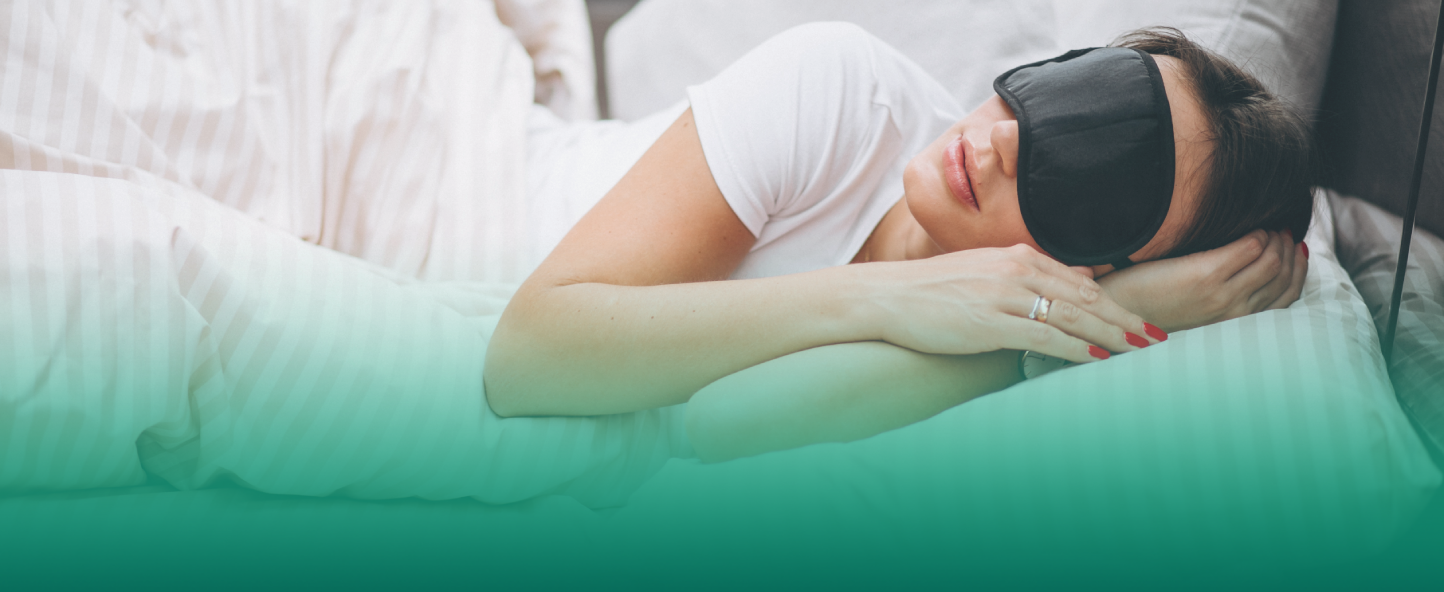Myth: The optimal time to go to bed is from 22:00 to 24:00
Our body’s internal clock reacts to changes in lighting. As sunlight fades, the hormone melatonin begins to be actively produced. It sends a signal to the organs that it is time to relax, stop digestion, reduce saliva production and slow down the heart rate. This is why sleep is most effective at night rather than during the day.
The optimal time to fall asleep is between 22:00 and 1:00. It is best to wake up in the dark, before dawn, because light interferes with the production of melatonin, which makes sleep less useful. If you have trouble falling asleep and waking up in the dark, the best solution is to darken the room with blackout curtains.
It’s not worth insisting on changing your sleep schedule, trying to fall asleep earlier and turning yourself from a night owl into a lark. The amount of sleep during the day is more important than its distribution: there is no scientific evidence confirming that disruption of the biological rhythm leads to serious consequences. However, chronic lack of sleep, less than 6 hours a day, can trigger the development of various diseases.
Myth: It’s easier to fall asleep in front of a screen
Many people try to regulate their sleep by falling asleep with their phone on or in front of the TV. Moreover, this takes on the character of a bad habit: a person scrolls through his social media feed while lying in bed, does not know what he is looking for there, and could have fallen asleep long ago. This problem is closely related to our dependence on gadgets. Scrolling through the feed does not help you fall asleep, but on the contrary, the light from the screen can awaken you, and the information you see there can excite your imagination.
Myth: Weekends can correct the lack of sleep from everyday life
The habit of not getting enough sleep on weekdays and then “switching” to weekends is not the best solution. Dr. Robert Stickgold, a sleep specialist at Harvard, describes this phenomenon as “sleep bulimia”: a person tries to “catch up” lost sleep time from everyday life, disrupting his circadian rhythm, and upon waking up feels unrested.
If you sleep until lunch on Sunday, you will have difficulty falling asleep at 11:00 pm, and you will feel sleep-deprived again on Monday. It is recommended to maintain a sleep-wake schedule throughout the week. “Our bodies like regularity,” emphasizes Dr. Donna Arand. It is important to follow a routine, that is, go to bed and get up at the same time, even if it is the weekend.
Research shows that people who sleep more than 8 hours a night live shorter lives than those who sleep 6 to 8 hours. “Scientists are not sure whether shortened life expectancy is due to sleeping a lot or whether spending a lot of time in bed is a sign of poor health,” said Professor Najeeb Ayas of the University of British Columbia.
Myth: An extra five minutes of sleep in the morning can help you rest
The alarm clock ringing is one of the most unpleasant events. It always seems that just 5-10 minutes of extra sleep is not enough for a good mood.
Psychologist Dan Ariely warns that if you constantly change your alarm time (especially more than 3 times in a morning), each time you wake up will become more difficult.
The ideal, according to Ariely, is to get out of bed at the time the alarm clock starts ringing. By consistently waking up at this time, you strengthen the association between the sound of the alarm clock and waking up, which makes waking up easier.
If you snooze your alarm, you disrupt this connection, which confuses your brain. In 5-10 minutes you will not get enough sleep, but you can ruin your morning. Therefore, it is better to gather your willpower and change your habit.






